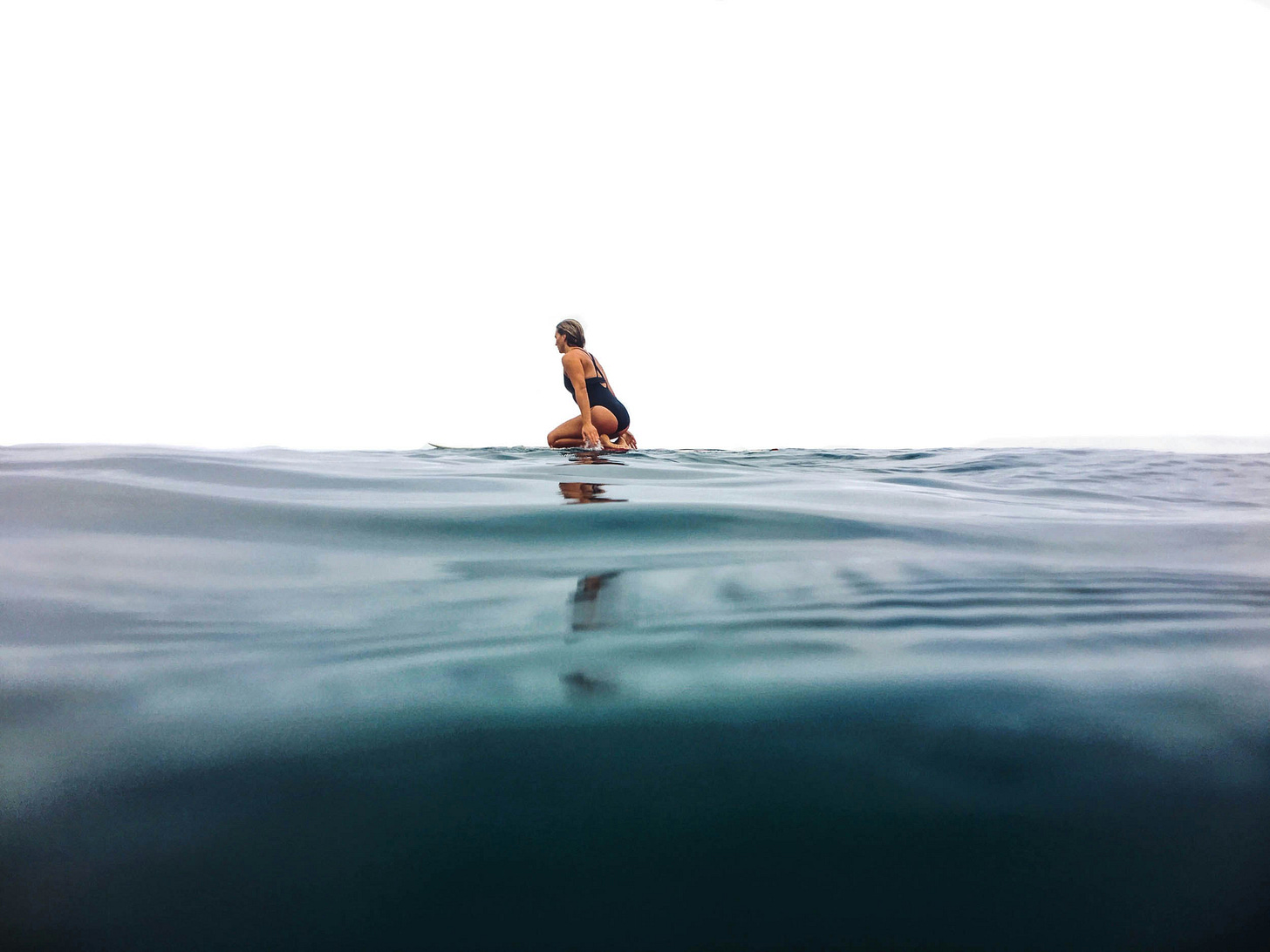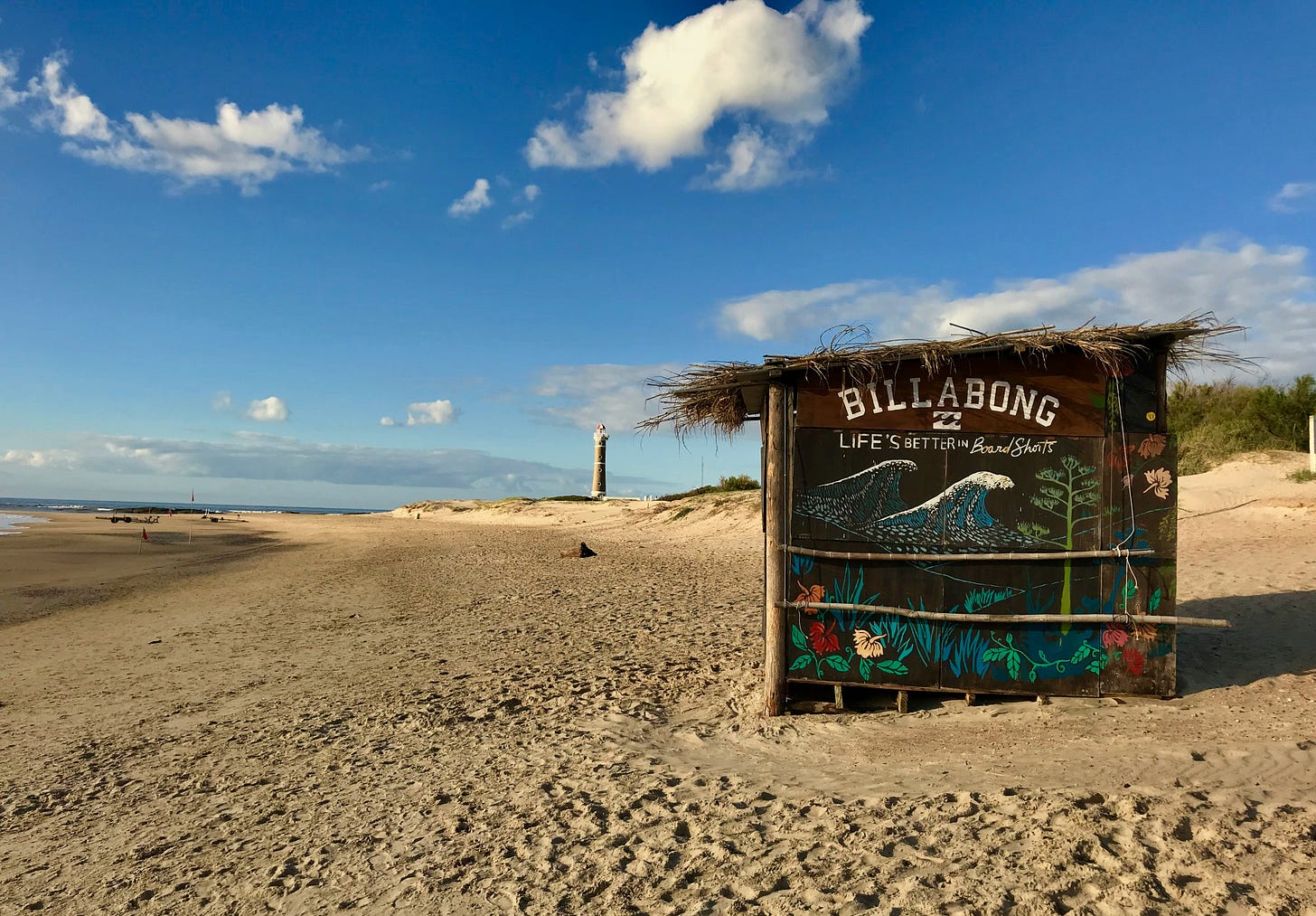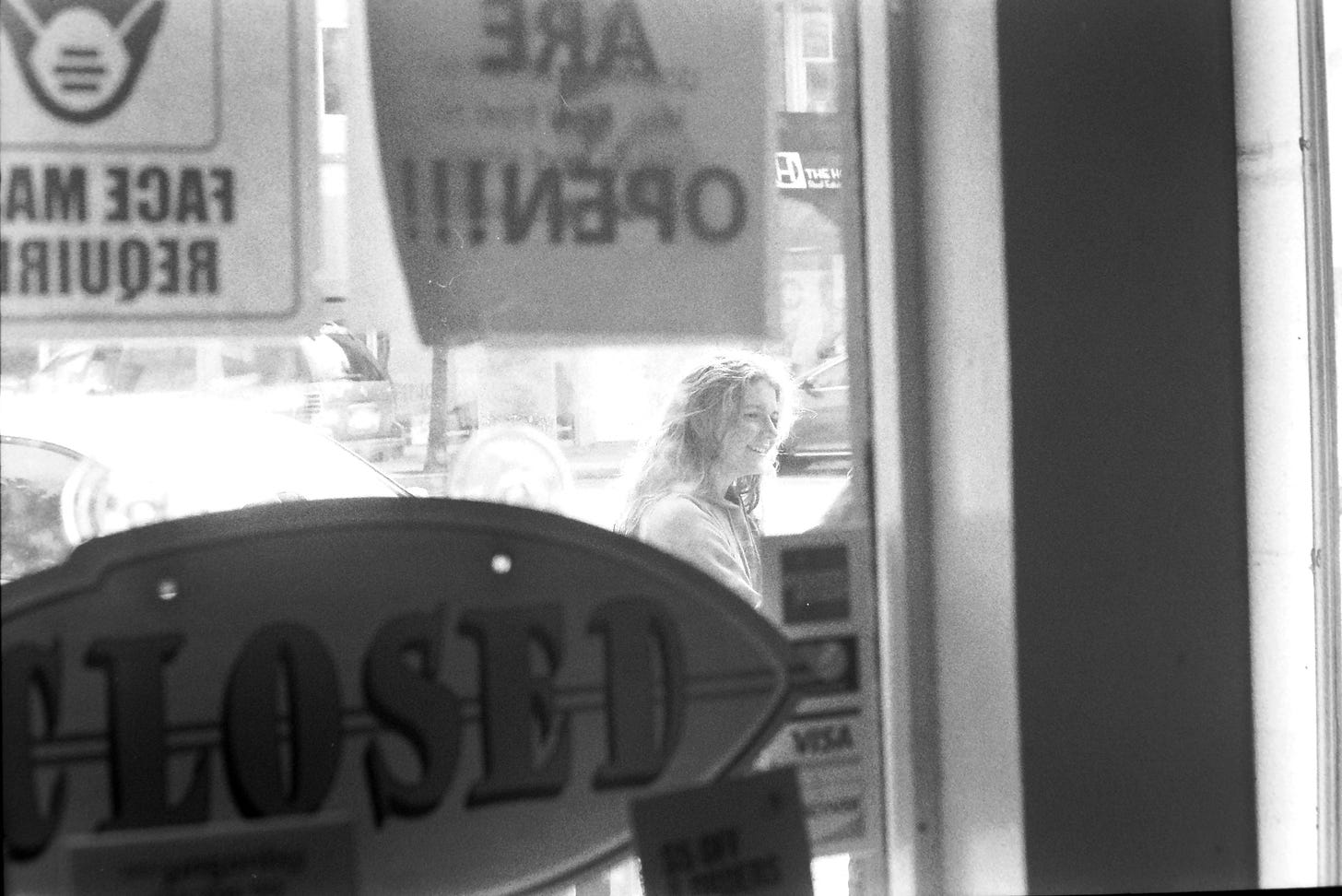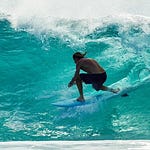History has a strange way of repeating itself. If you have been around the surf and action sports industry, I'm sure you'll remember the year 2010.
The big three – Rip Curl, Quiksilver, and Billabong – started their long, rocky road through turmoil, bankruptcy, and budget cuts. On the flip side, brands like Roark and Howler Brothers rushed onto the scene, bringing a fresh approach to a stagnating market that would ultimately change how brands communicate. Two years later, Billabong filed for bankruptcy, and we used its business case in our MBA Economics class as a simulation to teach market dynamics and corporate restructuring.
Wild times.
Today, fourteen years later, we're experiencing an eerily similar sense of déjà vu.
These things tend to be cyclical and somehow, yet again, involve the same players. Most heritage brands pulled through – they always do. But the cost of survival has fundamentally altered their DNA.
The success of many brands now hinges on licensing agreements, fire sales and staff cuts, a far cry from the high-roller times when deals were signed in private jets and corporate parties involved strippers and snow – not the good, cold, mountainous one.
The reality is that brands scramble to keep their heads above water while athletes and ambassadors struggle to make a decent living, resorting to non-endemic sponsorship deals and social media revenue streams to subsidize what the industry can no longer provide.
But there's a silver lining, at least according to O'Neill's VP of Sales Paul Harvey.
In a brand new addition to the Duct Tape Theory content series, we're introducing Pulse Check.
Intentionally infrequent but explosive in news and insights, we're discussing trends and more with the industry's finest. In our first installment, Paul is going deep down the rabbit hole into the current state of the surf industry and where we're headed from here.
And speaking of headed – in true surf industry fashion, big changes are happening as we speak. Since our recording with Paul a few weeks ago, Billabong is now joining the Quik license O5, and RVCA is moving to the license group United Legwear. Both are no longer going to be with the Liberated Group.
The real story here isn't just about business metrics or market share. It's about an industry grappling with its identity in an environment where traditional models no longer guarantee survival.
The next chapter in surf industry history is being written in real-time, and it's shaping up to be unlike anything we've seen before.
Strange times indeed.







